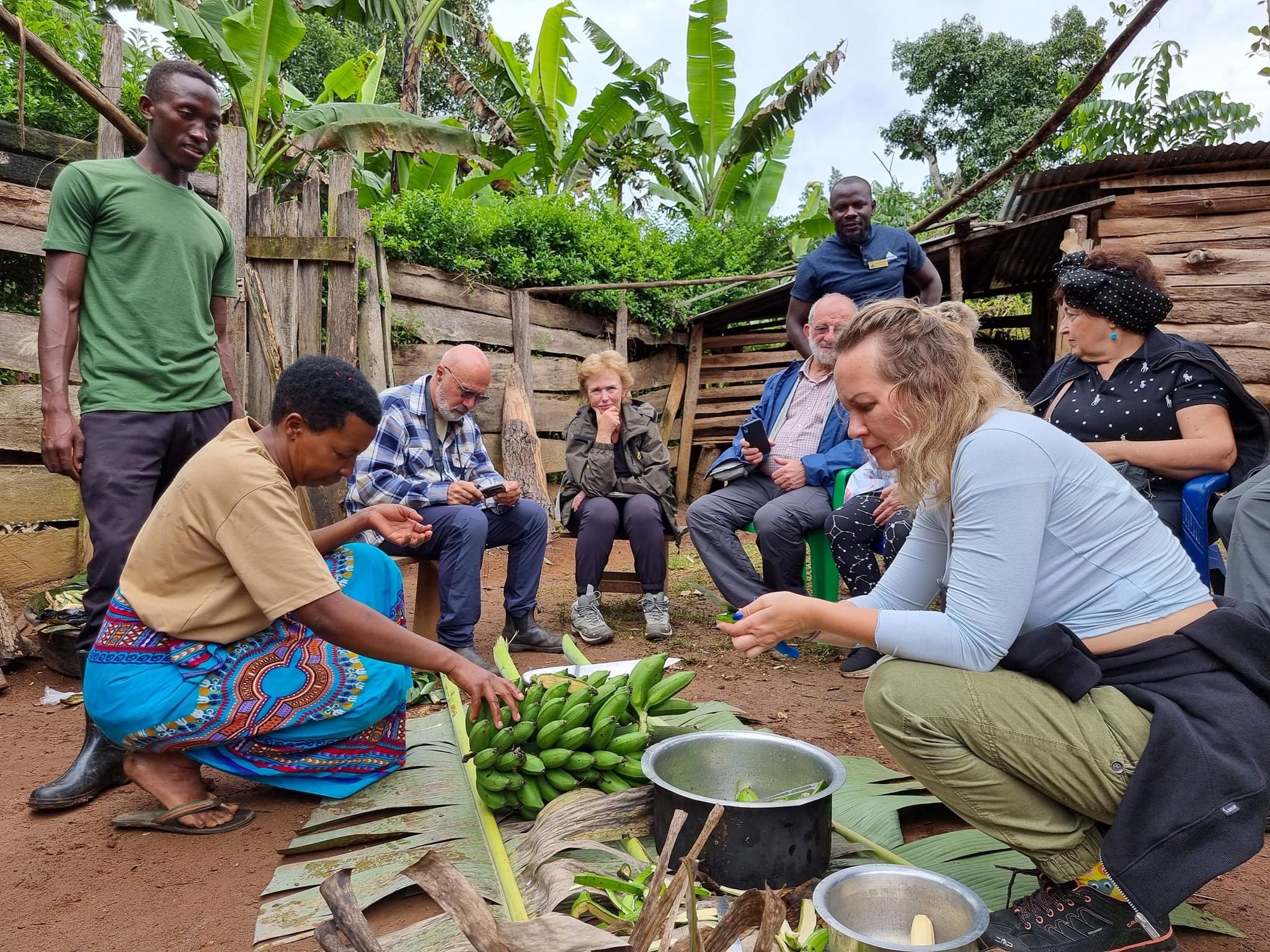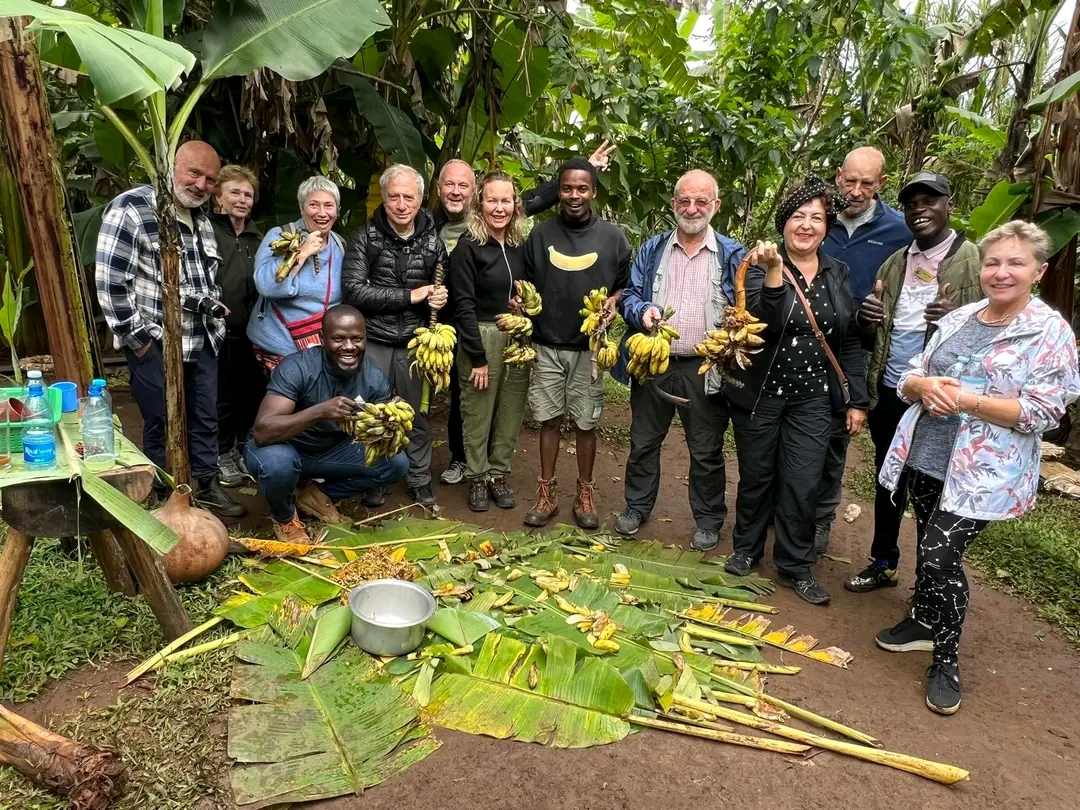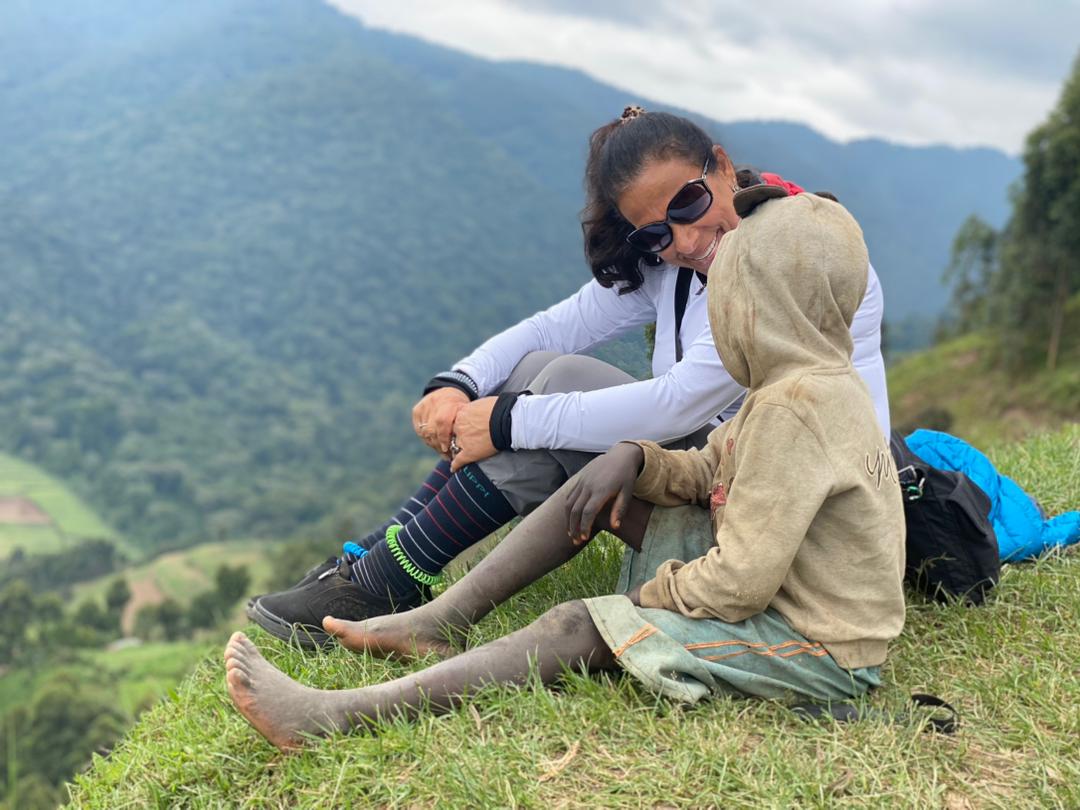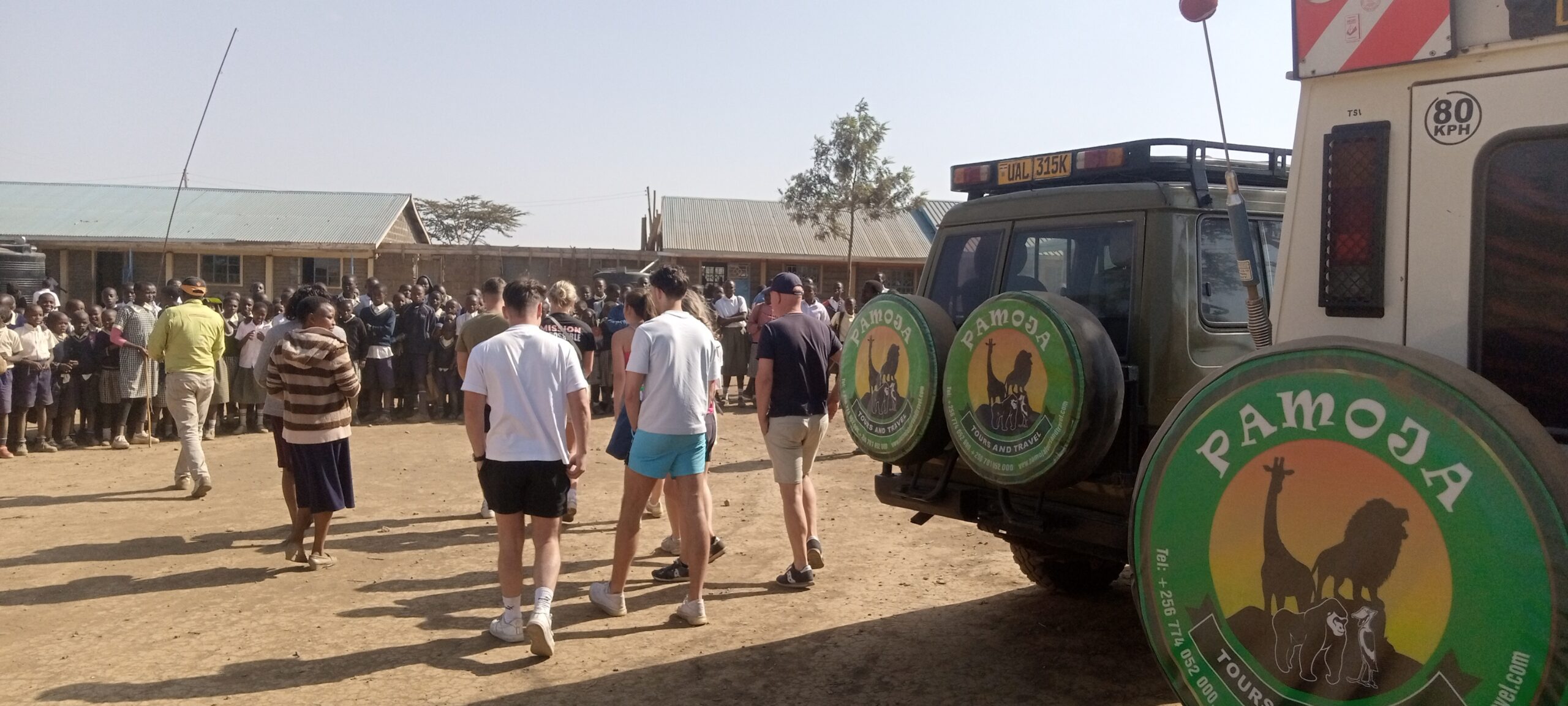
The Rise of Slow Travel
The Rise of Slow Travel in a world that often glorifies speed, instant gratification, and ticking off destinations from a bucket list, a quiet revolution is taking place. One that celebrates the unhurried, immersive, and mindful way of exploring the world, should embrace slow travel. Welcome to the era of “Slow Travel,” a movement that is gaining momentum as travelers seek richer, more authentic experiences that go beyond the typical tourist checklist. In this blog, we delve into the concept of slow travel, its benefits, and how it is reshaping the way we explore our planet.

The Essence of Slow Travel
Unlike the rush of traditional tourism, slow travel is about embracing the journey itself, rather than just focusing on the destination. It encourages travelers to take a step back, savor every moment, and immerse themselves in the local culture, rather than racing through popular attractions. By spending more time in one place, travelers gain a deeper understanding of its history, traditions, and people.
Breaking Free from the Frenzy
In a world dominated by tight schedules and fast-paced itineraries, slow travel offers a respite from the frenzy. It allows us to disconnect from the demands of everyday life and truly unwind. Whether it’s spending days in a charming countryside village, exploring local markets, or leisurely strolling through cobblestone streets, slow travel provides the space for genuine relaxation and rejuvenation.
Mindful Exploration
The slow travel movement encourages mindful exploration by allowing us to savor the small moments that often go unnoticed during a whirlwind trip. It’s about finding beauty in the details: the aroma of a local market, the sensation of cobblestone streets beneath our feet, or the way sunlight filters through ancient architecture. This deliberate pace not only enhances our travel experiences but also promotes a deeper connection with our surroundings and ourselves.

Embracing the Unknown
Slow travel demands a departure from rigid itineraries, embracing spontaneity and the unknown. While this may be unsettling to those accustomed to detailed plans, it opens the door to unexpected discoveries and hidden gems. By relinquishing the need to control every moment, travelers can cultivate a sense of adventure and curiosity that often leads to the most memorable experiences.
Environmental Consciousness
Beyond personal enrichment, slow travel also aligns with the growing awareness of our environmental impact. With the carbon footprint of air travel under scrutiny, many travelers are opting for slower modes of transportation, such as trains or ships. This choice not only reduces emissions but also allows travelers to witness the changing landscapes as they traverse different regions—a testament to the journey’s significance.
Cultivating Connection
One of the hallmarks of slow travel is the opportunity it provides to form genuine connections. By spending more time in a destination, travelers can engage with locals, learn about their customs, and gain insights into their way of life. Whether it’s striking up conversations with street vendors, participating in community events, or simply taking the time to learn the basics of a new language, slow travel fosters a sense of camaraderie that’s often missed when rushing from one tourist attraction to another.

Tips for Embracing Slow Travel
- Choose Quality Over Quantity: Instead of visiting multiple destinations on a single trip, focus on a smaller number of places and truly immerse yourself in their culture and lifestyle.
- Extend Your Stay: Opt for longer stays in each location. This allows you to settle in, establish routines, and delve into the local way of life.
- Use Sustainable Modes of Transportation: Whenever possible, choose trains or buses over flights. Not only does this reduce your environmental impact, but it also offers a chance to admire the landscape as you travel.
- Disconnect and Be Present: Slow travel is about being present in the moment. Put away your devices, savor your surroundings, and engage with the people and places around you.
- Seek Out Local Experiences: Participate in cooking classes, attend local festivals, or simply spend time people-watching at a café. These activities provide insight into daily life and foster connections with the community.
The Rise of Slow Travel
The Future of Travel
As the world becomes more interconnected, the concept of slow travel is likely to gain even more prominence. It offers a counterbalance to the fast-paced lifestyle that many of us lead and presents a way to explore the world while fostering a sense of mindfulness, sustainability, and cultural appreciation.

Embracing Slow Travel
The rise of slow travel signifies a profound shift in how we view and engage with the world. It’s a gentle rebellion against the notion that faster is always better, and an affirmation that the richness of our experiences is directly proportional to the time and attention we invest. As more travelers trade in their itineraries for moments of connection, introspection, and authenticity, they are not just exploring new destinations but discovering new dimensions of themselves. So, whether you’re wandering through charming villages, hiking remote trails, or sipping coffee at a local cafe, remember that in this journey, the most important destination is the one within.
FAQ
People also ask (The Rise of Slow Travel)
- Why is slow tourism becoming more popular?
- What is the history of slow travel?
- What is the concept of slow travel?
- What are the benefits of slow travel?
- What are 5 benefits of traveling?
- What are the advantages and disadvantages of travel?
- What are the positive effects of travel?
- What are the three benefits of traveling?
- Why is traveling beneficial?
- Why travel is more important than ever?
- What is the difference between traveling and Travelling?
- Why do people like traveling?
- Why is it called a travel?
- What is travelling also called?
- What is the love of travelling called?
- What are 10 synonyms for travel?
- What is travel in simple words?
- What are all the types of travel?
- What is the conclusion of travelling?
- What is travel quotes?
- How do you caption travel?
- What is a good sentence for travel?
- What is a journey caption?
- What is the message of journey?
- What is a deep quote about journey?
- What is a good quote for a new journey?
- What is an inspiring quote about life’s journey?
- How do you say happy journey quotes?






